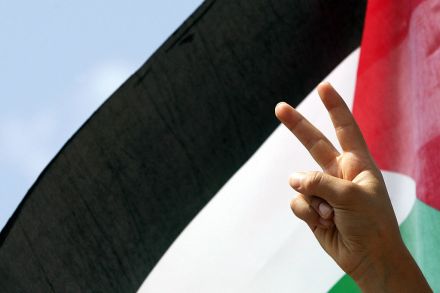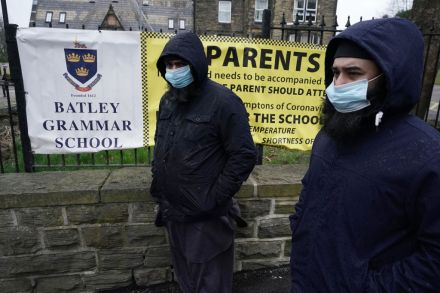School playgrounds are no place for ‘free Palestine’ protests
GCSE and A level assessments. Enforcing social distancing. Catch-up provision for pupils who fell behind during lockdown. Mental health support. Behavioural issues. Headteachers have more than enough to worry about right now. The conflict between Israel and Palestine? This one, at least, can be filed under ‘beyond my pay grade’. Or perhaps not. Should pupils be able to wear lanyards that show the Palestinian flag? Or display pro-Palestinian posters? Some see engaged teenagers exercising their right to free expression; others a stoking of racial tensions. Getting the balance right, particularly in a large, ethnically diverse school, is not straightforward. Mike Roper, headteacher at Allerton Grange school in Leeds, faced this





















